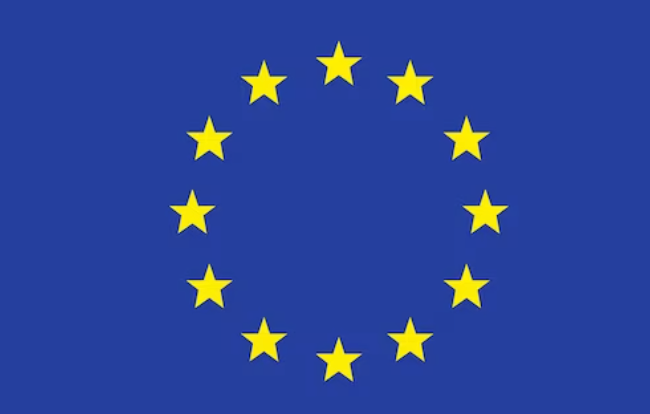#Europe #India #GlobalStability #Peace #WorldPolitics #NewDelhiOptimism #GeopoliticalTrends #InternationalRelations #SecurityConcerns #EconomicGrowth #DiplomaticStrategy #EmergingMarkets
In a time where the tremors of uncertainty ripple through the vast expanse of Europe, casting shadows over its peace and stability, there exists a markedly different atmosphere in India. European concerns, which range from economic instability to political upheaval, find little resonance in the halls of power in New Delhi. This dichotomy isn’t just a matter of differing circumstances but reflects deeper, underexplored shifts in global dynamics and perspectives. While Europe braces against the cold winds of potential conflict and economic downturns, India stands on the brink of what it perceives as a golden era of growth and strategic importance on the world stage.
The underlying reasons for such contrasting attitudes between Europe and India are manifold and rooted in historical, economic, and geopolitical factors. Europe’s apprehensions are fueled by its geographical and political proximity to conflict zones, a complex web of economic interdependence, and a political landscape that’s increasingly fracturing under the weight of populism and nationalism. On the other hand, India, buoyed by its robust economic growth rates and increasingly assertive foreign policy, views itself as a rising power capable of shaping not just regional but global affairs. New Delhi’s optimism is further strengthened by its strategic initiatives aimed at bolstering economic resilience and diversifying its global partnerships beyond traditional allies.
This Indian optimism isn’t unfounded. Over the past few years, India has embarked on significant reforms aimed at improving its business environment, enhancing its digital infrastructure, and increasing its manufacturing base under the “Make in India” initiative. Coupled with its demographic dividend and a strategic pivot to becoming a key player in global supply chains, India’s economic trajectory contrasts sharply with the stagnation fears percolating through Europe. Moreover, India’s diplomatic endeavors, characterized by its balancing act between major powers and its role in multilateral forums, have elevated its status on the global stage, making it a critical player in discussions on global peace, security, and prosperity.
However, this diverging outlook is not without its challenges for both regions. For Europe, the task lies in navigating its internal divisions and external pressures in a manner that preserves its collective security and economic prosperity. For India, the optimism must be tempered with caution, as it juggles its aspirations with the realities of regional tensions, environmental concerns, and the need for sustainable development. As the world stands at a crossroads, the contrast between European foreboding and Indian optimism isn’t just a study in contrasts but a reminder of the shifting sands of global power and the importance of adaptive, forward-looking policies in charting a stable, prosperous future for all.










Comments are closed.